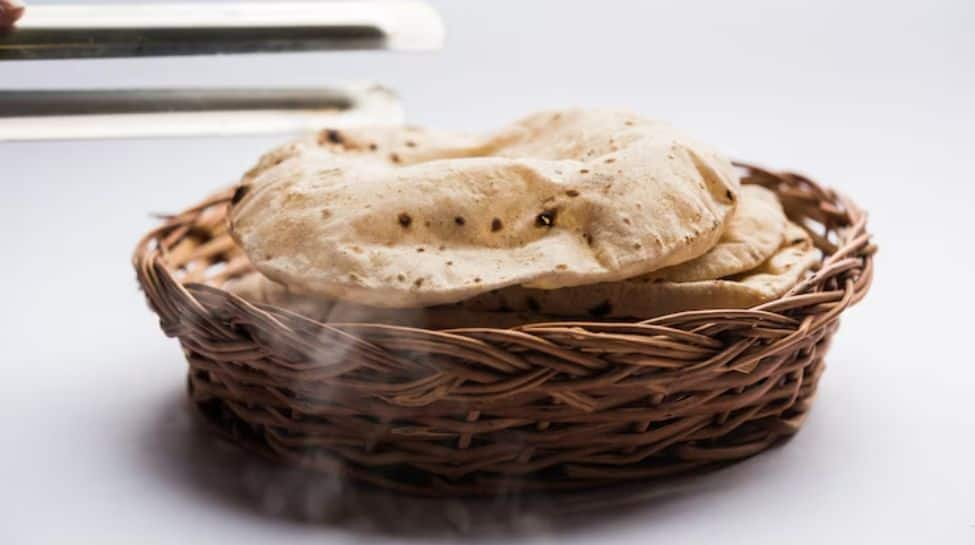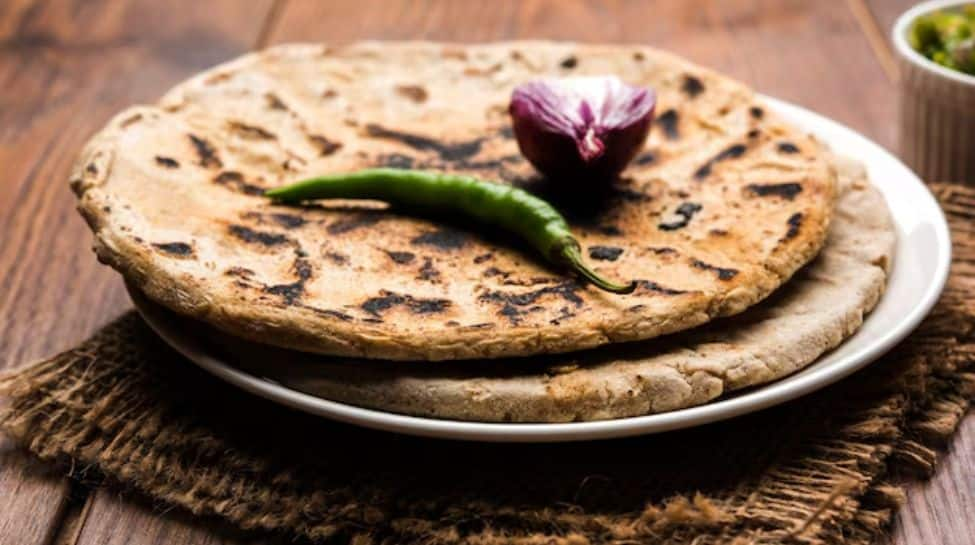Wheat and jowar rotis, both integral to Indian cuisine, bring their own unique textures, flavors, and health advantages to the table. While wheat rotis are soft and familiar—often the go-to in many households—jowar rotis offer a wholesome, earthy flavor and a nutrient-rich profile that's gaining popularity.
Wheat rotis are smooth, soft, and easy to work with, thanks to their gluten content, which also helps them puff up nicely when cooked. With a glycemic index ranging between 60 and 70, they provide steady energy and a moderate amount of fiber, especially when made with whole wheat flour. Ideal for those with strong digestion, wheat rotis pair well with almost any curry or dal, making them a convenient and satisfying daily choice. While they remain a staple, there’s a growing interest in other wholesome alternatives like millets, nut-based, and multigrain flours.

Jowar (sorghum) rotis, on the other hand, are naturally gluten-free and slightly more dense in texture. Despite feeling heavier, they are actually gentler on digestion over time and rich in fiber, helping you stay full longer. Jowar is also packed with essential minerals like iron, magnesium, and potassium. With a lower glycemic index (around 50), jowar rotis are a great option for those with gluten sensitivity or those looking to incorporate more traditional grains into their meals.
Preparing jowar rotis requires a bit more skill, as the lack of gluten makes the dough harder to handle. But once you master the technique, you're rewarded with a hearty, wholesome flatbread that complements a variety of sabzis and chutneys beautifully.

Ultimately, choosing between wheat and jowar rotis comes down to your personal preferences, health goals, and even seasonal needs. Incorporating both into your diet can offer a balanced mix of taste, texture, and nutrition—giving you the best of both worlds on your plate.
(This article is intended for your general information only. Zee News does not vouch for its accuracy or reliability.)
Stay informed on all the latest news, real-time breaking news updates, and follow all the important headlines in india news and world News on Zee News.